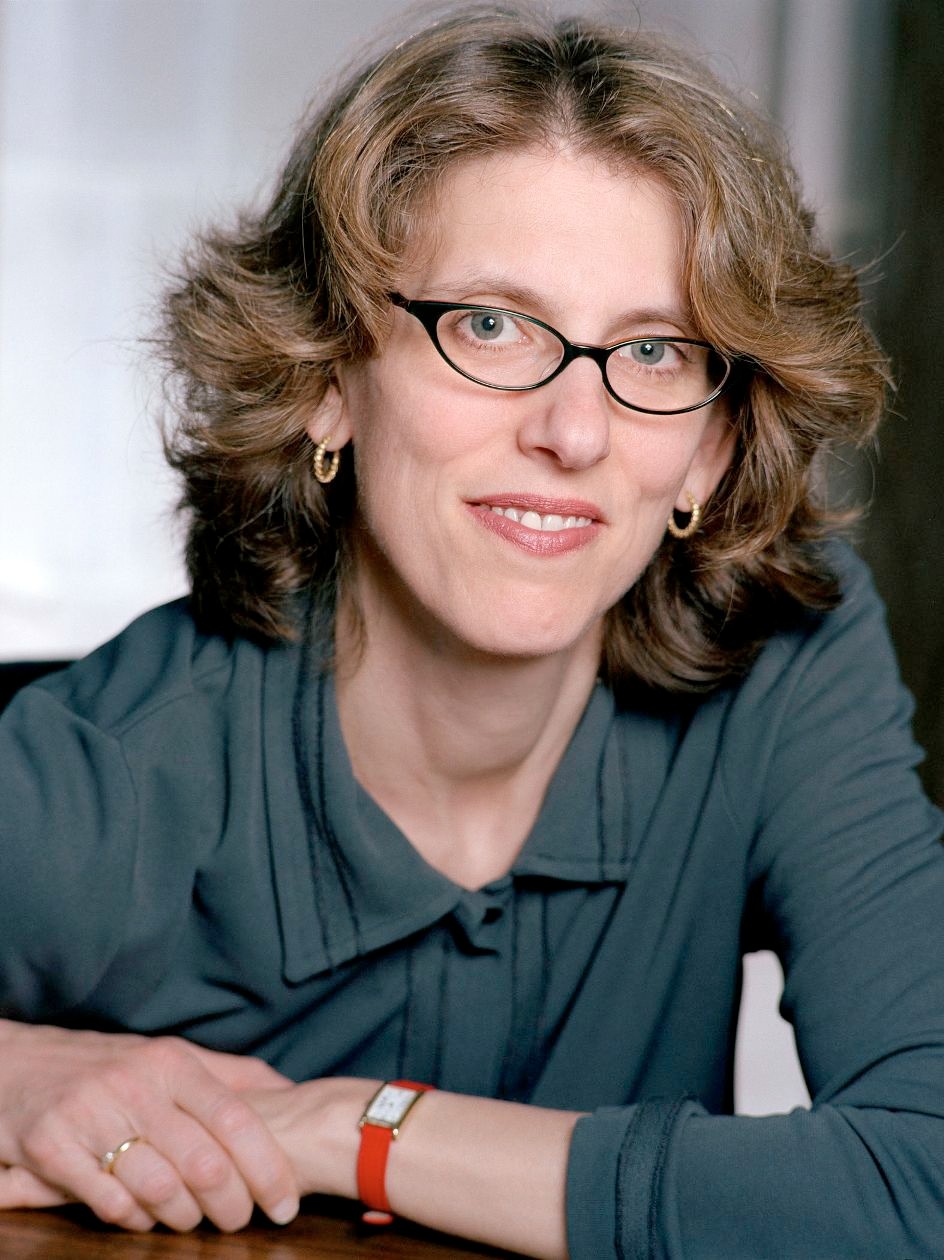Photo by Juliana Rotich | CC BY 2.0 Wikimedia Commons
UPDATE MAY 10, 2022: Watch the video of her TED Talk
Boston College Professor of Sociology Juliet Schor, an internationally recognized social economist, author, educator, and researcher, will join Microsoft founder and philanthropist Bill Gates, SpaceX CEO Elon Musk, former U.S. vice-president Al Gore, Finnish Prime Minister Sanna Marin, and a host of other luminaries at this year's flagship TED conference, TED2022: A New Era, in Vancouver, B.C. One of the world's most high-profile conferences, the five-day gathering of expert speakers on education, business, science, tech, the arts, and global issues takes place April 10-14.

Juliet Schor (Gary Wayne Gilbert)
Schor, whose research focuses on the intersection of work, consumption, and climate change, will make the case for a four-day work week in her presentation on Tuesday, April 12.
Invitations to speak at the TED main conference are both prestigious and coveted; organizers search year-round for those who will "inform and inspire, surprise and delight," according to the program website. TED Talks, the online compilation of recordings from the conferences and other events, are viewed or listened to more than three billion times annually.
Schor says she was both "honored and excited" to be asked to join the gathering of prominent academics, educators, researchers, philanthropists, environmentalists, scientists, technologists, artists, activists, and others.
"I think it's going to be fun," she said, "in addition to giving me a platform to share my research and perspectives."
Schor is the author of the New York Times bestseller The Overworked American: The Unexpected Decline of Leisure, widely credited for influencing the national debate on work and family. Her scholarly interests center on the human impact and effectiveness of current working practices, particularly new ways to reconfigure business in the 21st century. She has conducted extensive research on the sharing and gig economies, as well as the link between working hours and high carbon emissions.
She is currently leading an international team researching four-day work week trials in six countries. The pilot program, launched by 4 Day Week Global, a nonprofit affiliated with Oxford and Cambridge universities in the U.K. and University College Dublin in Ireland, has four-day weeks (with reductions in hours but no reductions in pay) in progress at companies in the U.S. and in Ireland—with summer starting dates for the U.K., Australia, and New Zealand. More than 100 companies—potentially more—are planning to participate.
Hundreds of U.S. workers are experiencing their first day off this week as their six-month trial begins. Others in the U.S. will join the trial in coming months, while more than 3,000 workers at 60 companies across Britain—from small businesses to the Royal Society of Biology—will test a four-day week from June-December, in what is thought to be the biggest trial to take place anywhere in the world, according to a report in The Guardian.
“ The big message is that there are multiple benefits for employees and the organization. For employees, the gains include lower stress levels, better work-family balance, and better overall health; for the employers: fewer resignations and absenteeism, and no drop—sometimes a rise—in productivity. There are also social benefits, related to family and community. ”
Participating companies and employers receive training from the campaign prior to beginning the trial, to ensure a smooth transition.
"We will be studying economic, social, and carbon outcomes," said Schor, who is joined on the project by BC Associate Professor of Sociology Wen Fan, and University College Dublin faculty member Orla Kelly, who holds a doctorate in sociology from BC.
While Schor acknowledges that not every industry may be able to adapt to a shorter work week, "the big message is that there are multiple benefits for employees and the organization, " she said, referring to findings from previous experiments. "For employees, the gains include lower stress levels, better work-family balance, and better overall health; for the employers: fewer resignations and absenteeism, and no drop—sometimes a rise—in productivity. There are also social benefits, related to family and community."
The carbon impacts are to be determined at this point, she said.
"Our team is leading the global data collection, and collaborating with local researchers in each country," she said. "We're gathering information from employees through surveys and interviews, and companies are giving us their administrative data. We will be analyzing how things changed pre- to post- trial, as well as across countries and companies, employee demographics and job types."
As the project ramps up, it's drawing the attention of news media in the U.S. and abroad. In May, Schor will keynote an international summit on the four-day week in Spain.
In addition to The Overworked American, Schor, who came to Boston College from Harvard University in 2001, has published numerous other books and scholarly articles, and her work has been extensively covered and cited by national and international news media. A former Guggenheim and Brookings Institution fellow, she has received multiple awards for her research, has served as a consultant to the United Nations, at the World Institute for Development Economics Research, and to the United Nations Development Program, and has lectured widely throughout the U.S., Europe, and Japan to a variety of civic, business, labor, and academic groups. Her research is cited in the just-released Intergovernmental Panel on Climate Change Working Group III 6th Assessment Report, the latest from the United Nations body assessing climate change-related science.
Her TED Talk on April 12 will be part of a session on 'Wellbeing."
Memorizing the presentation is a conference requirement, which is something new for Schor. "I give a lot of talks, but never from memory," she said. "It has been a bit nerve-racking, but also exciting to learn a new presentation modality."
All conference sessions will be recorded and made available to the public online at a future date.
Patricia Delaney | University Communications | April 2022




.jpg)